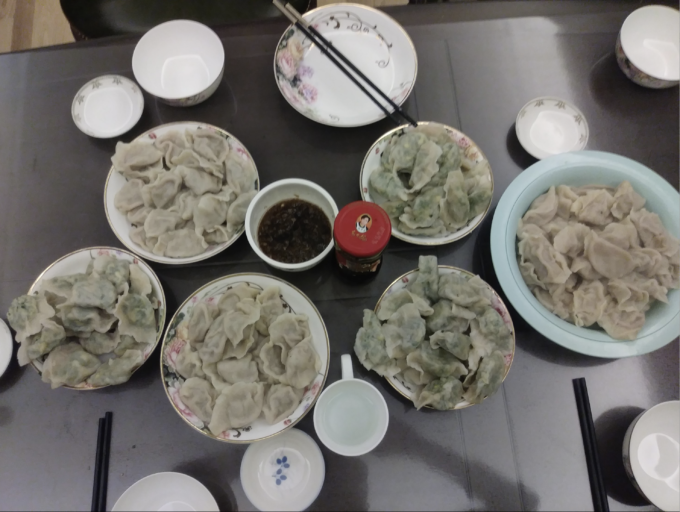
The FOMO of Snake Wine

The FOMO of Snake Wine
Snake wine in Jiangsu Province
To commemorate my host father Liu Dong’s long-awaited arrival, his extended family—about 70 people—rented out the only nearby commercial space, a neon-lit banquet hall known for its roast sparrow. More than eight years had passed without him returning to his hometown, Jiangsu Province’s remote Feng County, a rural site adored for its open-air markets and regular cicada harvests. (They’re great stir-fried with a fragrant mix of numbing chili oil, basil, and crushed garlic).
Just after eating a delicious, seemingly never-ending array of Jiangsu specialities, Liu Dong’s enthusiastic younger brother informed me that the “true festivities” were to begin soon. The 15-year-old sitting next to me asked me if I was ready. After a few weeks in China, I knew what that meant. It wasn’t a question as much it was a challenge. Overzealous alcohol consumption and what must be the world’s fiercest peer pressure would on their way soon. I silently accepted that there would be no exit strategies.
To my surprise, this meal didn’t end with copious amounts of Guizhou Maotai, the only alcohol I’d encountered in China at that point. The harsh, unforgiving grain liquor is known for being the Communist Party’s drink of choice (somewhat less impressively, China Daily notes its “solvent and barnyard aromas”). Instead, Liu’s father, Zhang, a former vegetable vendor and “part-time winemaker” presented his latest project: several containers of snake wine, a concoction praised for its aphrodisiac properties and dubious health benefits.
Concerned about my well-being and comfort, Liu tried to settle my nerves by explaining that though the liquor is made from venomous snakes, it is 100 percent safe, because ethanol denatures snake venom. I didn’t quite believe him, but my fear of missing out was stronger than anything else. After exchanging heartfelt reflections on home and clinking glasses, the true festivities began.
Expecting the worst, I was unexpectedly greeted with a faintly sweet taste vaguely reminiscent of a strange soy sauce-licorice hybrid. Zhang’s addition of extra herbs, ginseng, cinnamon, and nutmeg gave the snake liquor a woody and subtly spicy aftertaste. Unlike baijiu, which leaves a painful burn with each sip, this homemade spirit was pleasantly thirst-quenching. Several rounds followed, with a different person giving a toast each time. By the time round number four came around, I was covered in sweat, feeling disoriented, and eating far more dumplings than is sensible. Still, my turn to toast was up next. I knew what I had to do.
Liu rushed up to get me to sit down. “Maybe we should take a break; we don’t know if there are any side-effects.” That, I believed.